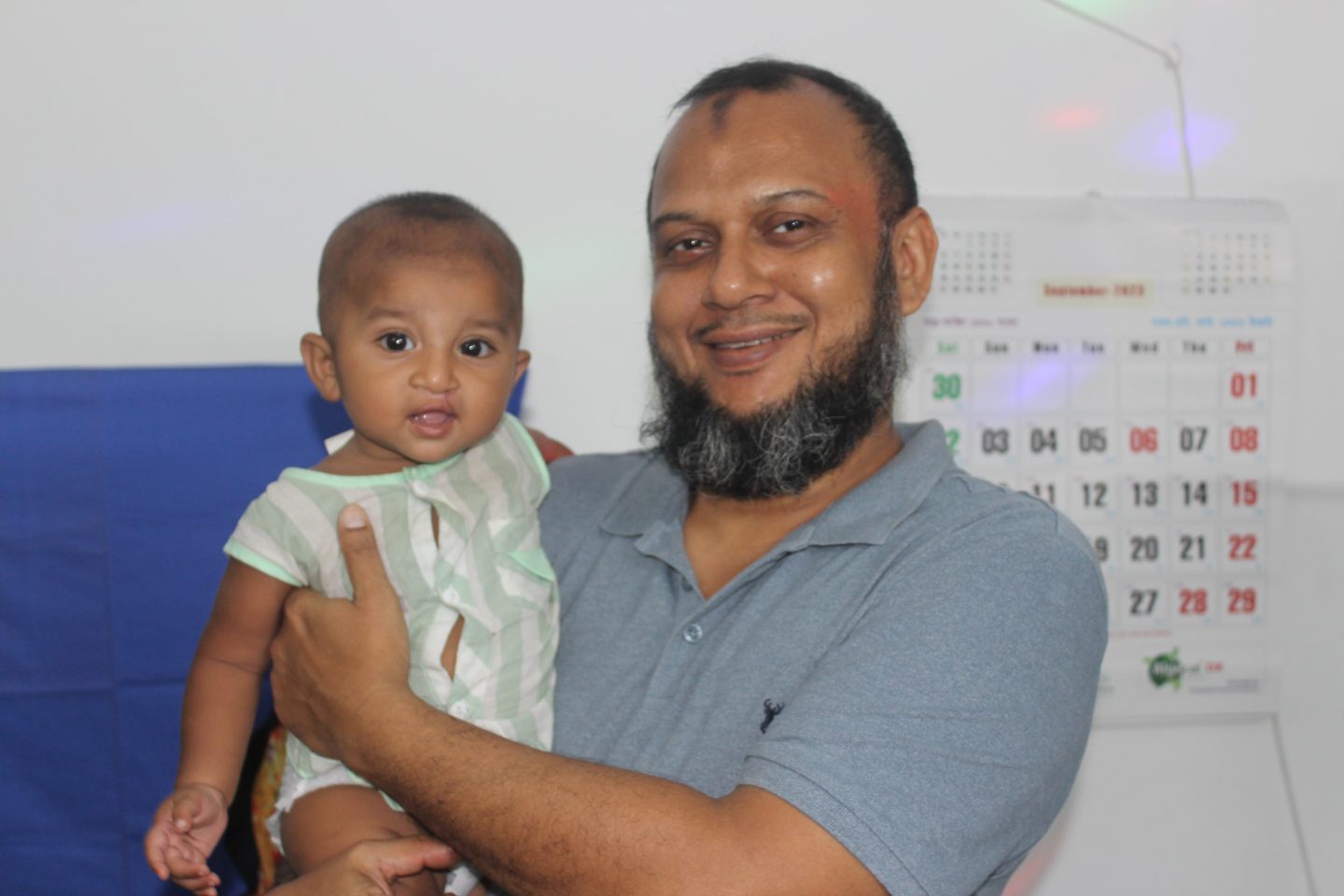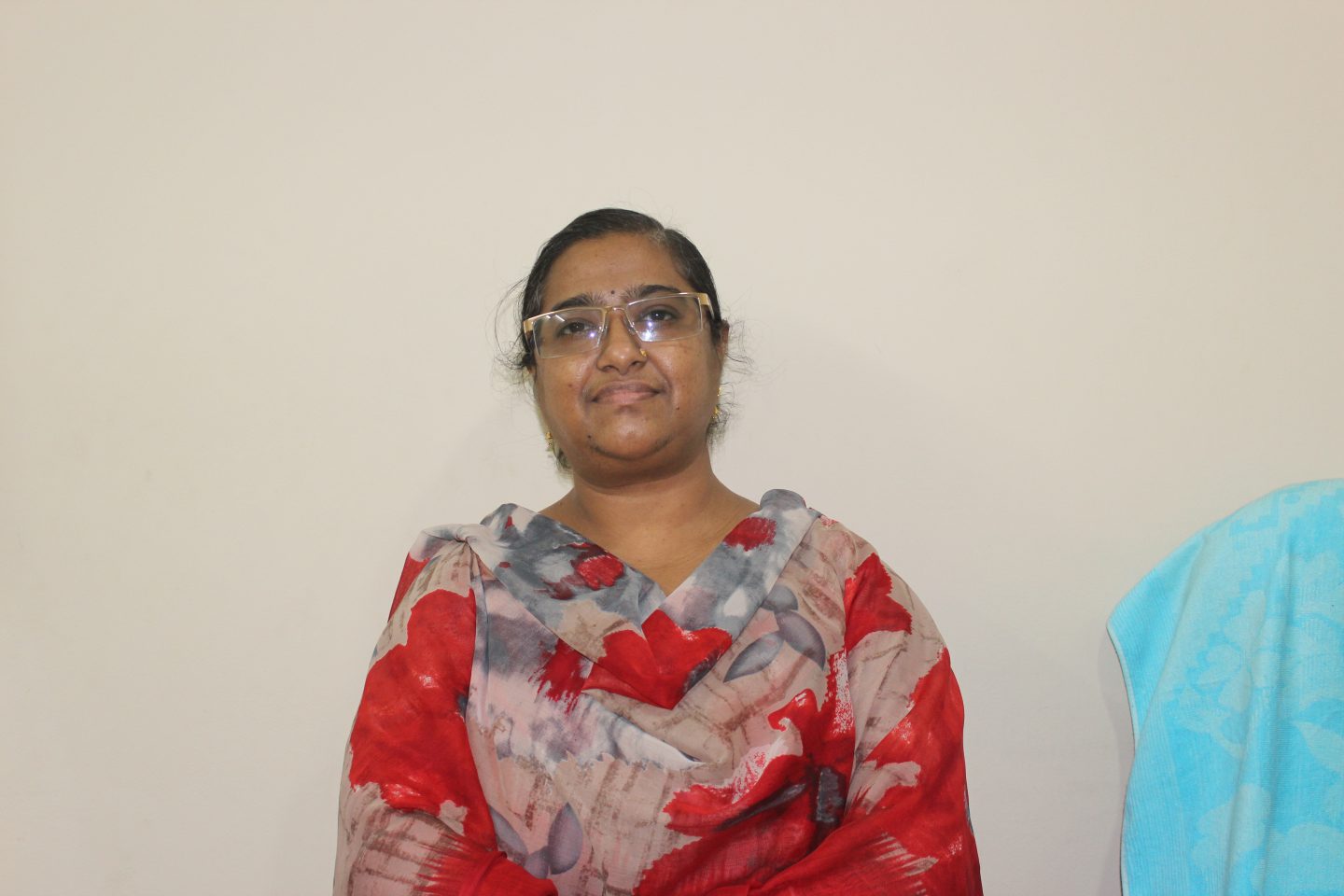Time and again, we encounter one major problem on our mission to help the many children born with cleft lip and palate in our project countries: Lack of qualified medical professionals.
Above all, the important operations to close the lip and palate must meet the highest quality and safety standards. This is because these two surgical procedures influence the further life of a child born with a cleft lip and palate. In the case of a cleft lip, the result is immediately visible after the operation. In the case of a cleft palate, the quality of the surgery is crucial for the restoration of the functions restricted by the cleft, such as swallowing and speaking.
An investment in the future
Bangladesh, one of our most important project countries in terms of the number of operations provided by our local teams, also lacks qualified cleft surgeons. In 2010, we started our work to help cleft children in the country with one surgeon, and added three more at the end of 2018. Given the great need for cleft care in the populous country, we decided in 2020 to expand our aid project with junior surgeons, trained by our own veteran surgeons. The idea of the training program was born. On the one hand, the goal was to be able to help even more children with additional teams. On the other hand, the aim was to add a new generation of younger surgeons to the team.
After an extensive application process, the pediatric surgeons Dr. Shantona and Dr. Masfiquer emerged as the most promising candidates. Key criteria in the selection of our first two trainees were general surgical skills and enthusiasm for helping our young patients in need of care.


A cordial welcome to Dr. Masfiquer
In 2021, we launched the advanced training program with Dr. Shantona and Dr. Masfiquer. Since then, both trainees have completed numerous training sessions alongside our experienced senior surgeons. Dr. Masfiquer has now successfully completed his advanced training and is leading his own project with his own team. Dr. Shantona, who works as a lecturer in addition to her duties as a pediatric surgeon, will take a bit longer yet. But she too is enthusiastic for the mission and is a great asset for our team in Bangladesh.
We are very happy about this great success and a great milestone in our work and our mission to give children with cleft a better life. We would like to take this opportunity to express our heartfelt thanks to the apoBank Stiftung, the charitable foundation of the German apoBank bank, which provided funding for the training program in Bangladesh.

